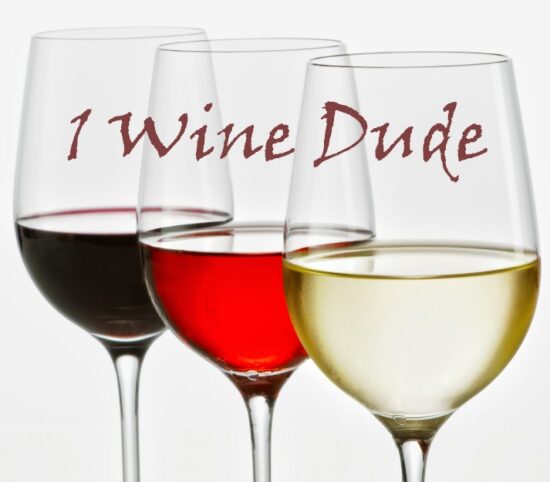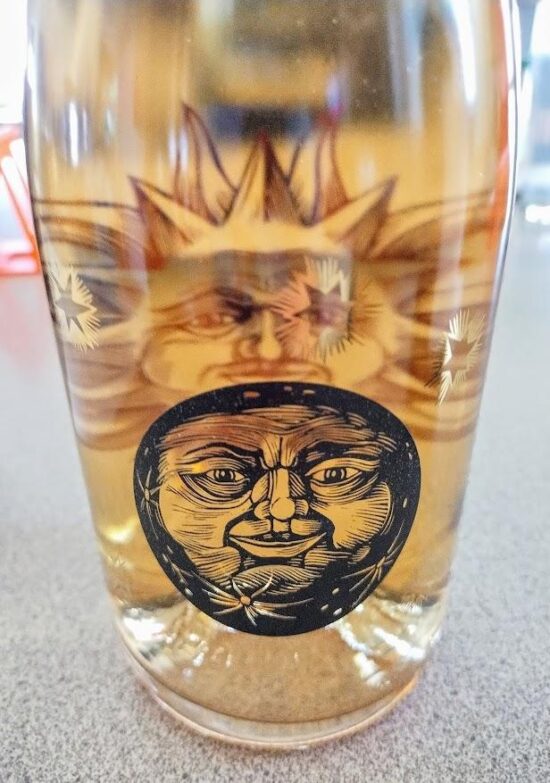
The poet and sommelier Amanda Smeltz once wrote about how geography – whether you’re based in a small town or in a teeming metropolis – determines which wines you can buy. I am repeatedly reminded of this now that I’ve moved from Beirut to California.
Catapulted to the other side of the planet, I have the chance to experience wines I didn’t have access to in Lebanon. The choice is immense. Be it when pushing a cart at a grocery store or toting a canvas bag at a natural-only wine shop, I come across wineries and varieties I’ve never heard of, let alone seen printed on a label. The flood of options makes me insecure about my palate’s ability to distinguish between them.
I haven’t been a “wine person” for that long and my imposter syndrome flares when I peruse endless aisles of question marks. It helps that, on a visit to California some four years ago, when I was just dipping my toes into the subject, I told Mark, a Total Wine salesperson, that, ”I wasn’t in the mood for red” after he suggested a Sauvignon Blanc. I understand basic French so I realised my mistake, but he had already moved onto another option. He walked me through different wineries’ specialties and I started asking more questions. Unknowingly, Mark’s grace taught me how to be kind to those who are afraid of looking dumb, how to shed my own fear of it, and how to combine the two so that wine exploration becomes a great exchange instead of a test. Because of this, my curiosity is louder than my residual moments of self-doubt. I like to try the wine that seems most foreign to me, which seems to be anything these days.
I think of that early, humbling moment often because a different environment can sometimes feel like I’m back at the starting line. After getting to know the basics of tasting better over the last few years, a skill I was once confident about has turned rusty in transition. No one warned me about the distracting flavours of culture shock.
This is why wine people travel, after all: to develop their palates and question what they thought they knew about wine. Access, of course, is a matter of chance and privilege. Not all wine lovers can galavant across hemispheres. That’s why some of us are tempted to open so many different bottles at home.
Lebanon’s current precarious situation leaves no room for such things. Learning about wine is not a priority when the government deprives its people of mobility, medicine, and morale. There, the local fare is hiding in the valleys amidst the crisis and the prices of imported wines are prohibitive. There, I couldn’t even dream of trying the wines of neighbouring Palestine because of Lebanon’s political relationship with Israel. There, I would be talking about wine alone on a tone-deaf soapbox while everything around me burns.
Being here in California is…



